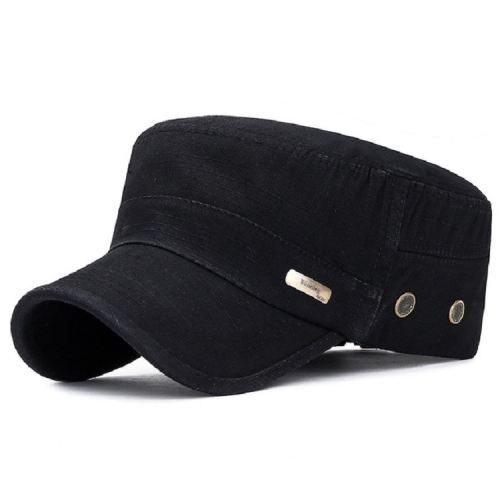
I’m excited to share with you the fascinating world of mindful manufacturing in the realm of bamboo clothing.
In this article, we will explore the eco-friendly techniques used in the production of bamboo garments. From the sustainability of bamboo fiber to the low environmental impact of manufacturing, we’ll delve into the various aspects that make bamboo clothing an excellent choice for the conscious consumer.
So, let’s dive in and discover the incredible world of bamboo clothing production together!
Key Takeaways
- Bamboo fiber production is sustainable and promotes a more sustainable fashion industry.
- Bamboo clothing manufacturing has a low environmental impact due to its fast-growing and renewable nature.
- The use of natural dyes in bamboo fabric production reduces the environmental impact of the dyeing process.
- Energy efficiency is prioritized in bamboo clothing manufacturing through the use of energy-efficient machinery and equipment, advanced technologies, and renewable energy sources.
The Sustainability of Bamboo Fiber Production
You’ll be pleased to know that the sustainability of bamboo fiber production is a key focus in the manufacturing process of bamboo clothing. As someone who is passionate about eco-friendly practices, I am proud to be part of an industry that prioritizes environmental responsibility.
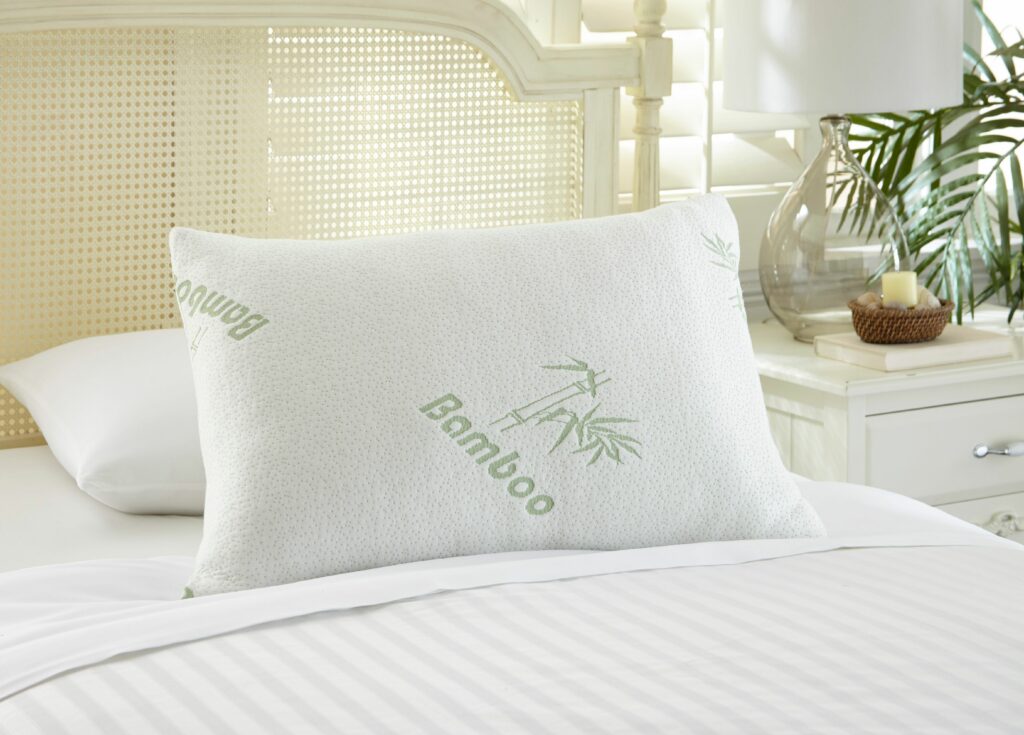
Bamboo is a highly sustainable material because of its rapid growth and ability to regenerate without the need for replanting. Unlike other natural fibers, bamboo requires minimal water and pesticides to thrive, making it an ideal choice for eco-conscious consumers.
Additionally, bamboo forests help absorb carbon dioxide and release oxygen, contributing to a healthier environment. By using bamboo fiber in clothing production, we are not only creating stylish and comfortable garments but also reducing our ecological footprint and promoting a more sustainable fashion industry.
The Low Environmental Impact of Bamboo Clothing Manufacturing
The low environmental impact of bamboo clothing production makes it a sustainable choice. When I think about the impact of traditional clothing manufacturing processes, it’s hard not to be concerned about the damage being done to our planet. But with bamboo clothing, I can breathe a little easier.
Bamboo is a fast-growing, renewable resource that requires no pesticides or fertilizers to grow. It also has a natural resistance to pests, reducing the need for chemical treatments. The manufacturing process itself is also eco-friendly, with minimal water usage and low energy consumption.
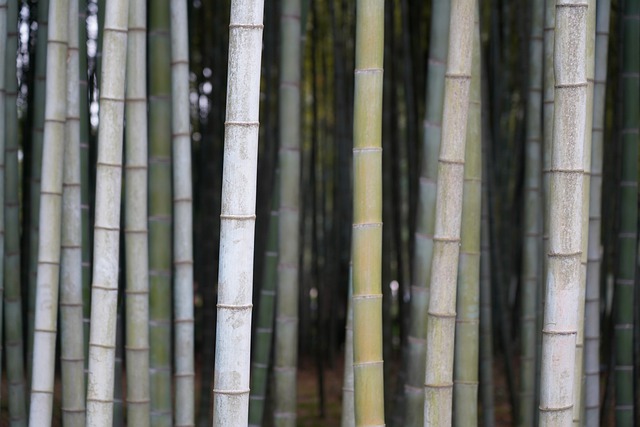
Additionally, bamboo fabric is biodegradable, so it won’t contribute to the growing problem of textile waste. Choosing bamboo clothing is not only stylish and comfortable, but it’s also a responsible choice for the environment.
The Use of Natural Dyes in Bamboo Fabric Production
When it comes to dyeing bamboo fabric, you’ll be pleased to know that natural dyes are used in the production process. As a conscious consumer, this is something that I truly appreciate.
Natural dyes are derived from plants, fruits, and other organic sources, making them a sustainable and eco-friendly choice. Not only do these dyes create vibrant and beautiful colors, but they also minimize the environmental impact of the dyeing process.
Unlike synthetic dyes, which often contain chemicals and toxins, natural dyes are biodegradable and non-polluting. This means that they can easily break down in the environment, leaving no harmful residue behind.
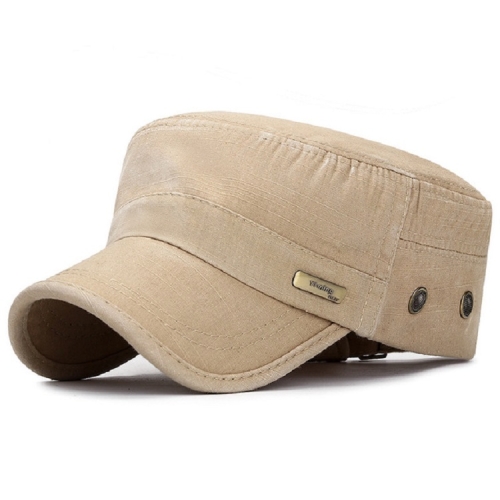
The Energy Efficiency of Bamboo Clothing Manufacturing
To reduce energy consumption in bamboo clothing production, it’s important to implement efficient manufacturing processes. By optimizing the use of energy, we can significantly reduce the environmental footprint of this industry.
One key step is investing in energy-efficient machinery and equipment. This includes using advanced technologies that require less energy and have better performance. Additionally, improving the insulation of production facilities can help minimize energy loss and maintain a comfortable working environment.
Another effective strategy is to streamline production processes and eliminate unnecessary steps. This not only saves energy but also reduces production time and costs. Furthermore, utilizing renewable energy sources such as solar or wind power can further reduce the carbon emissions associated with manufacturing bamboo clothing.
Overall, by prioritizing energy efficiency, we can make a positive impact on both the environment and the sustainability of bamboo clothing production.
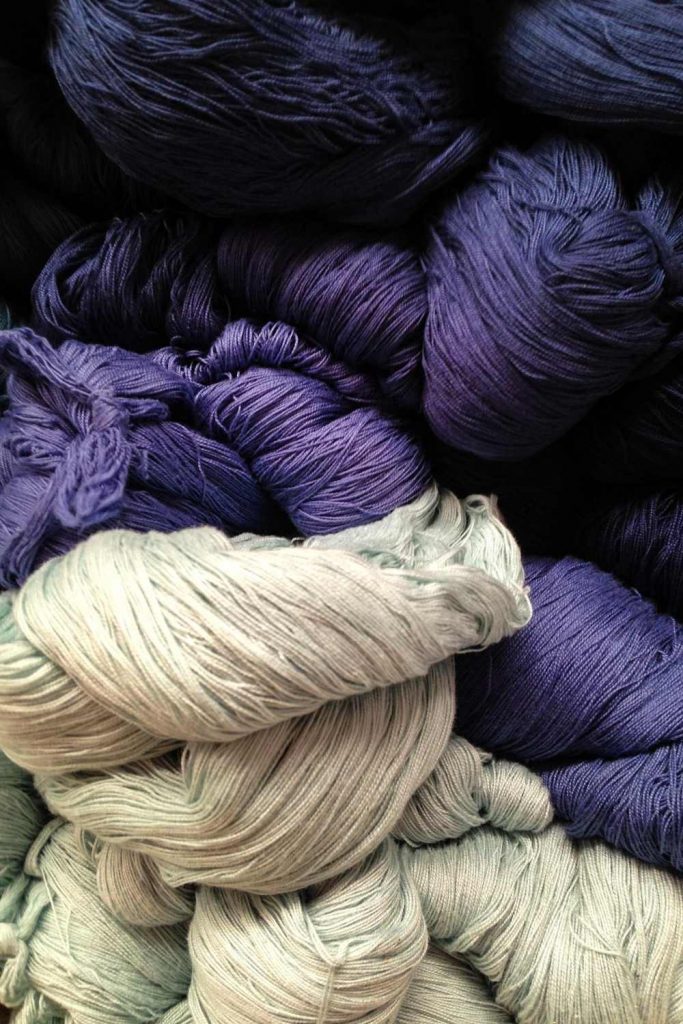
The Social and Economic Benefits of Bamboo Clothing Production
Incorporating bamboo clothing production into your business model can have numerous social and economic benefits.
As a business owner, I have seen firsthand how this eco-friendly material can positively impact both my company and the community. By using bamboo as a sustainable alternative to traditional fabrics, I have not only reduced my environmental footprint but also attracted socially conscious customers who appreciate our commitment to ethical practices.
Moreover, bamboo clothing production has provided economic opportunities for local communities. Bamboo is a fast-growing plant that requires minimal water and pesticides, making it a cost-effective and environmentally friendly option. This not only helps us save on production costs but also supports local farmers and artisans who are involved in the cultivation and manufacturing process.
Overall, incorporating bamboo clothing production has not only helped my business thrive but also contributed to a more sustainable and inclusive economy.
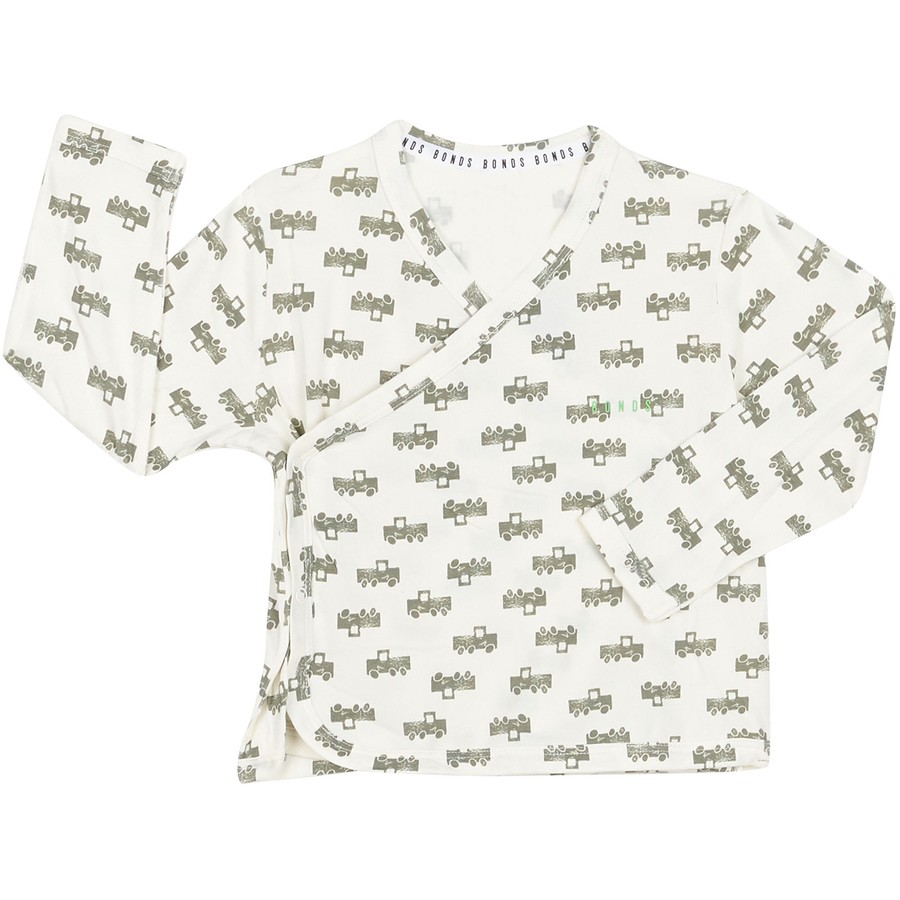
Frequently Asked Questions
How Long Does It Take for Bamboo to Grow Before It Can Be Harvested for Fabric Production?
It takes about three to five years for bamboo to grow before it can be harvested for fabric production. During this time, it undergoes a natural process of maturation and development.
Is Bamboo Fabric Biodegradable and Compostable?
Yes, bamboo fabric is biodegradable and compostable. It breaks down naturally over time, reducing waste and environmental impact. This makes it a sustainable choice for eco-friendly clothing options.
Are There Any Chemicals or Pesticides Used in the Production of Bamboo Fabric?
No, chemicals or pesticides are not used in the production of bamboo fabric. It is an eco-friendly alternative to conventional textiles. The natural properties of bamboo make it a sustainable and safe choice for clothing.
Can Bamboo Clothing Be Recycled?
Yes, bamboo clothing can be recycled. It is a sustainable material that can be broken down and repurposed into new products. Recycling bamboo clothing helps reduce waste and supports a more eco-friendly fashion industry.
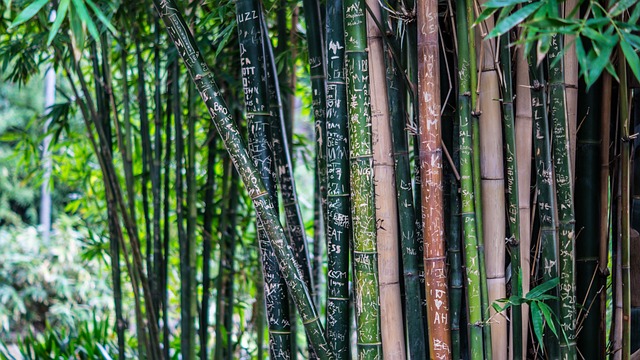
What Are the Potential Health Benefits of Wearing Bamboo Clothing?
Wearing bamboo clothing has potential health benefits. It is naturally hypoallergenic, antimicrobial, and moisture-wicking, which can help prevent skin irritations, odor, and keep you dry and comfortable throughout the day.
Conclusion
In conclusion, I am truly amazed at the sustainable and low environmental impact of the eco-friendly techniques used in bamboo clothing manufacturing. The use of natural dyes and the energy efficiency in the production process further enhance the eco-friendly nature of this industry.
Additionally, the social and economic benefits of bamboo clothing production cannot be overlooked. The mindful manufacturing practices make bamboo clothing a truly remarkable and environmentally conscious choice for consumers.
